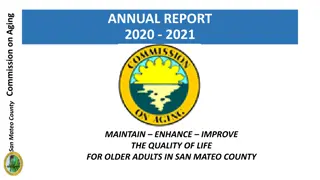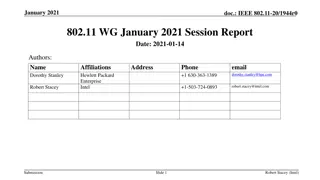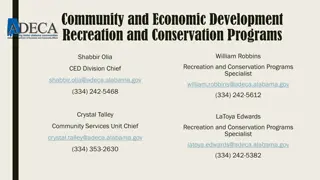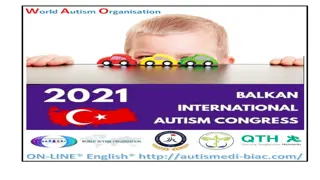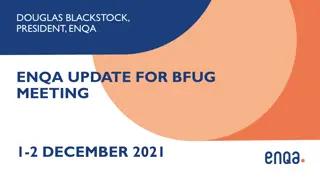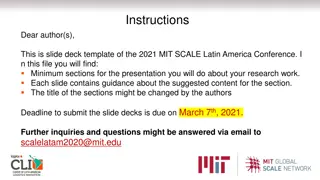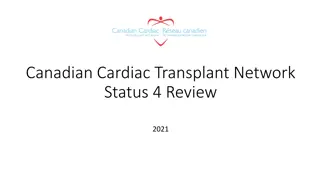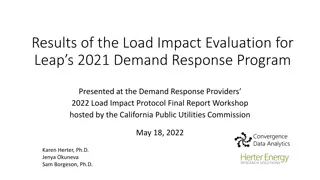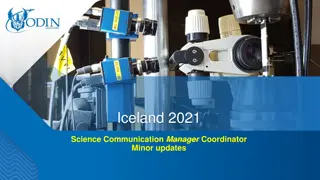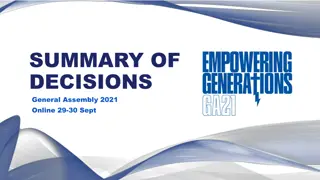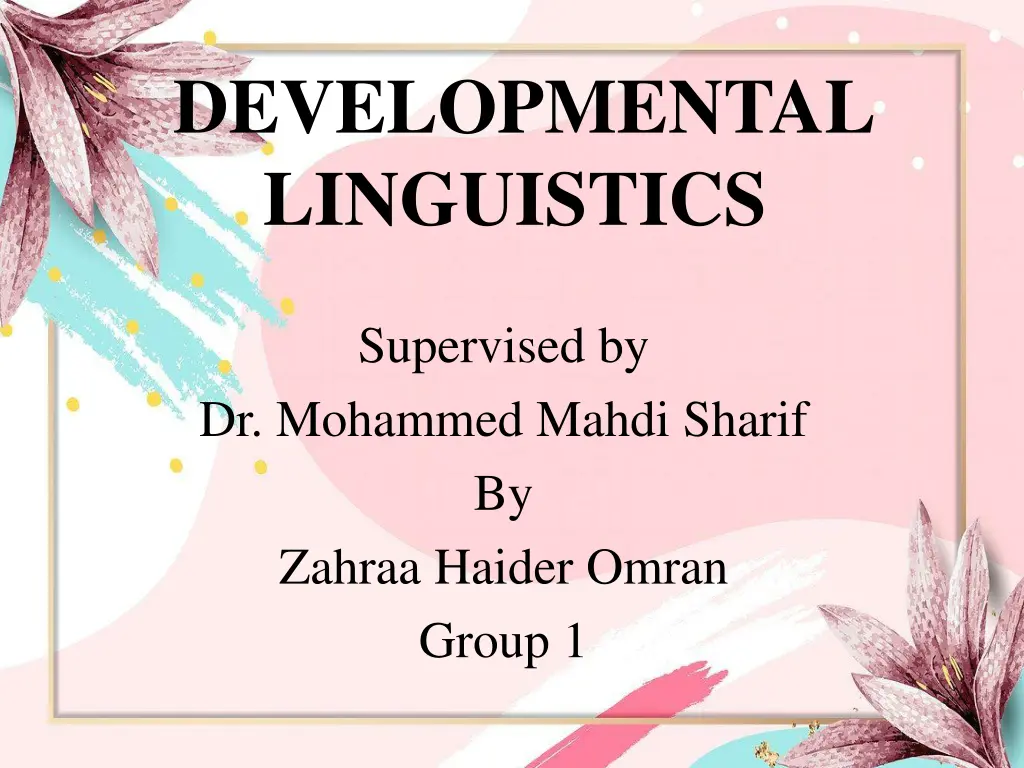
Understanding Developmental Linguistics and Language Evolution
Developmental linguistics challenges the static view of language as a dynamic and evolving process. It explores how languages change over time, emphasizing the interplay between socio-communicational and neurobiological factors. By focusing on language growth and adaptation, developmental linguistics integrates evidence from various fields to explain language evolution. Naturalness theory further explores linguistic features' proximity to prototypes, shaping languages' communicative resources.
Download Presentation

Please find below an Image/Link to download the presentation.
The content on the website is provided AS IS for your information and personal use only. It may not be sold, licensed, or shared on other websites without obtaining consent from the author. If you encounter any issues during the download, it is possible that the publisher has removed the file from their server.
You are allowed to download the files provided on this website for personal or commercial use, subject to the condition that they are used lawfully. All files are the property of their respective owners.
The content on the website is provided AS IS for your information and personal use only. It may not be sold, licensed, or shared on other websites without obtaining consent from the author.
E N D
Presentation Transcript
DEVELOPMENTAL LINGUISTICS Supervised by Dr. Mohammed Mahdi Sharif By Zahraa Haider Omran Group 1
WHAT IS Developmental Linguistics Developmental linguistics provides a reaction against the otherwise enormously influential distinction, drawn by Ferdinand de Saussure (1857 - 1913), between synchronic and diachronic approaches to language In the 19th century, linguistic science was predominantly diachronic in orientation: concerned with explaining how languages evolve over time. A synchronic approach, on the other hand, stresses that for the native speakers of a language, the history of the language is irrelevant.
In the 1970s and 1980s, developmentalists began to challenge the heavy bias towards synchronic linguistics, because it presents an artificial view of languages as static phenomena. Dynamic processes of language change are only accommodated with the contrived notion of a series of discrete linguistic systems placed one after the other like beads on a string
A weak version of developmentalist theory would assert that static models of language are incomplete, since they do not accommodate processes of language change and variation. A strong version would argue that static, synchronic models totally misrepresent the intrinsically dynamic nature of language. In both cases, it is suggested that languages maintain a balance between the shaping influences of both socio- communicational and neurobiological factors
Developmental Linguistics developmental linguistics focuses on the manifold processes of growth and change which help explain how a language came to be the way it is. First and second language acquisition, creolization, language change and dialectal variation are therefore of particular relevance. A natural outcome of this approach is the rejection of the view that linguistic science constitutes an autonomous discipline. It is believed that evidence from other fields of enquiry, including neurology, anatomy, social history and anthropology, are of direct relevance for an explanation of how languages evolve.
Naturalness Theory The notion of naturalness in language is often invoked to explain connatural developments, with the suggestion that some linguistic features prototypical nature of language than others Languages will clearly differ in terms of their proximity to the prototype in certain specified domains. As a result, the members of a linguistic category can be placed on a scale of markedness, with those closest to the prototype being described as unmarked. therefore, reject the orthodox view that all linguistic systems are equivalent in terms of the communicative resources they offer their speakers; in principle, one language can be judged better than another for certain purposes are closer to the Developmentalists,





